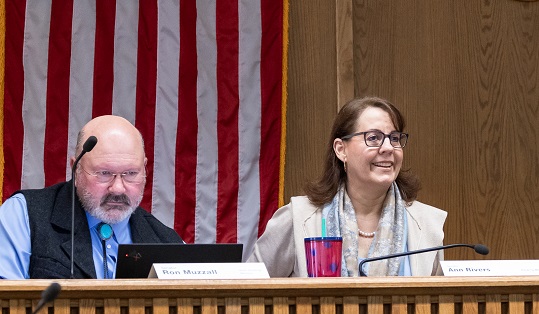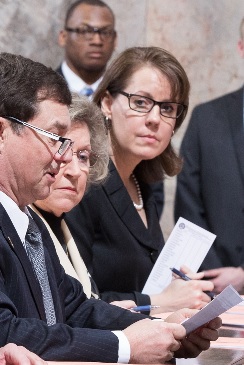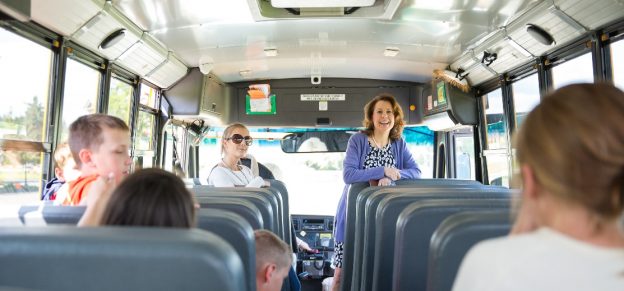Rivers hopeful after hearing scientist say Omicron wave is ‘end of the pandemic’
OLYMPIA… Sen. Ann Rivers says the people of Washington need to know what members of the Senate Health and Long-Term Care Committee were told recently by one of the state’s top experts on COVID-19: the end of the pandemic may soon be at hand, and it’s time to start managing the virus similar to the flu virus.
“For me, the presentation by this eminent scientist brought one revelation after another,” said Rivers, speaking about Dr. Christopher Murray, director of the Institute for Health Metrics and Evaluation, who testified to the committee Jan. 12. “I haven’t heard any of this from the governor or others in the executive branch, even though I expect they are regularly consulting with the IHME about COVID. But this is important information that could give people hope, so they should be learning about it one way or another.
Murray’s belief that the latest wave will peak this month, then fall as quickly as it rose, and about the data indicating the Omicron variant is dramatically less severe than the Delta variant,” said Rivers, R-La Center, who is a longtime health-care committee member. “He also raised a very interesting question about the value of testing people who are asymptomatic, and I appreciated his explanation about what’s driving the surge of hospitalizations that is all over the news.
“What struck me most was his view that the end of the Omicron wave will be essentially equal not to the end of the virus but the end of the pandemic, and that the ‘best strategy’ going forward is a ‘change in mindset’ toward managing COVID not as a pandemic but as an endemic – like the flu. I took that to mean people should learn to live with the virus, because it’s not going away. That has obvious public-policy implications for the legislative and executive branches of state government and local governments.”
After Murray’s presentation to the committee, Rivers asked the IHME director whether, going forward, COVID vaccinations should be thought of more like flu shots – something many people get as an annual routine. Murray’s reply included his view that the benefit of COVID vaccination is “now mostly for the individual being vaccinated and not very much about infection control.”
“If our state’s COVID response is ‘following the science’ – well, our committee got a big dose of ‘science’ from the experts that needs to be followed,” said Rivers. “These are positive developments that absolutely need to be brought to the people’s attention.”



















